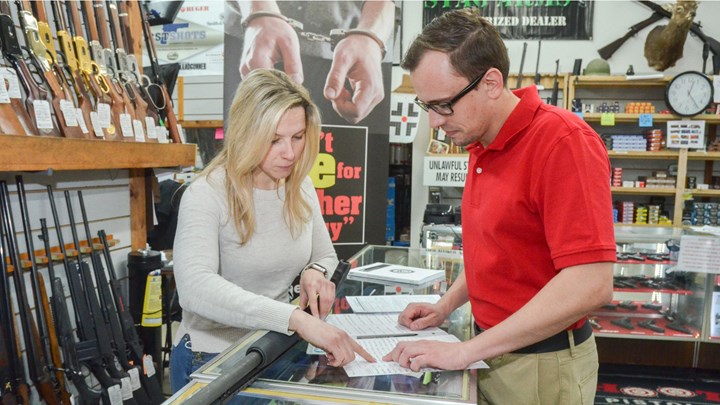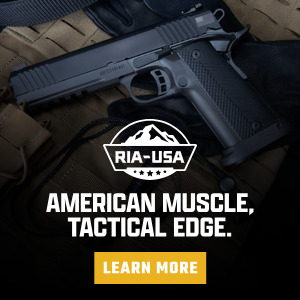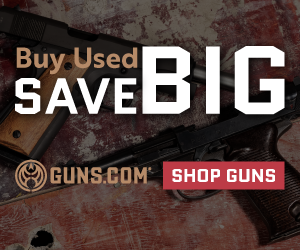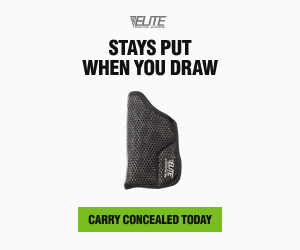Owners face challenges as the nationwide lockdown persists. READ MORE
by Susanne Edward
Since late February, gun manufacturers have been doing all they can to keep the supplies flowing as gun sales soar.
“It has been a large, quick increase. People are mostly looking for under $500 handguns, ammunition and basic AR-15s–the people’s gun,” said Joe Meaux, owner of the Baton Rouge, Louisiana-based Aklys Defense.
However, the rise in gun sales was left in limbo in several parts of the country as several state and local governments declared that gun stores are not “essential” businesses.
Even though the Department of Homeland Security (DHS), in late March, deemed gun stores fundamental and gave the green light for them to remain open along with grocery stores and pharmacies, some local and state governments, including those in Massachusetts, New York and New Mexico, ordered them closed and thereby ignited a litigious firestorm.
Some parts of California also used the government’s long arm to shutter gun stores, with a Los Angeles Superior Court judge dismissing a lawsuit put forward by shop owners and gun-rights groups seeking a temporary order allowing them to re-open.
Roman Kaplan, owner of City Arms East in Pleasant Hill, Calif., who has filed a lawsuit against the local government, said that sales had initially “sky-rocketed” until they suddenly received a call last month from their local police department mandating they close down.
“We are unable to serve our customers as we are closed,” Kaplan said. “Yet criminals are being let out of jails and police departments are taking officers off the streets.”
Meanwhile, police departments and first responders are hardly immune to the coronavirus. They have been impacted by sickness and deaths in their ranks, and for weeks some departments have been warning communities they cannot respond to calls and crimes as they normally would.
“Folks started to realize the need for self-protection/preservation as news of the pandemic was nationalized,” said Gordon Gray, owner-partner of Sparks Black Rifle, in Sparks, Nev., which has been allowed to remain open. “People at first started buying shotguns and pistols. Then they moved to rifles, and then whatever was available.”
As the demand increased and the inventory decreased, Gray says the shipping times also increased. In some cases, they are three weeks behind.
Many gun-store owners also say they’ve seen a massive increase in first-time buyers.
“Many are opening their eyes as to how a firearm is acquired. Most thought they could simply purchase one from the internet or a gun show,” Gray said. “Some became angry at their politicians for not being truthful about how a firearm is purchased.”
Aside from some unconstitutional state and local restrictions, the pandemic’s large-scale lockdown has hurt the industry in other ways, too.
Gary Eliseo, the founder of the Arizona-based accessories retailer Competition Machine Inc., said that while his state has allowed them to continue working, the business has been drained primarily because of the loss of competitive shooting events.
“We need customers with disposable income to stay in this business; the longer we stay shut down, the more difficult the employment situation will be,” said Eliseo. “But it is clear to most of us who value our constitutional rights that the Second Amendment is more important now than ever. Citizens need the ability to protect themselves.”
Photo courtesy of NSSF









